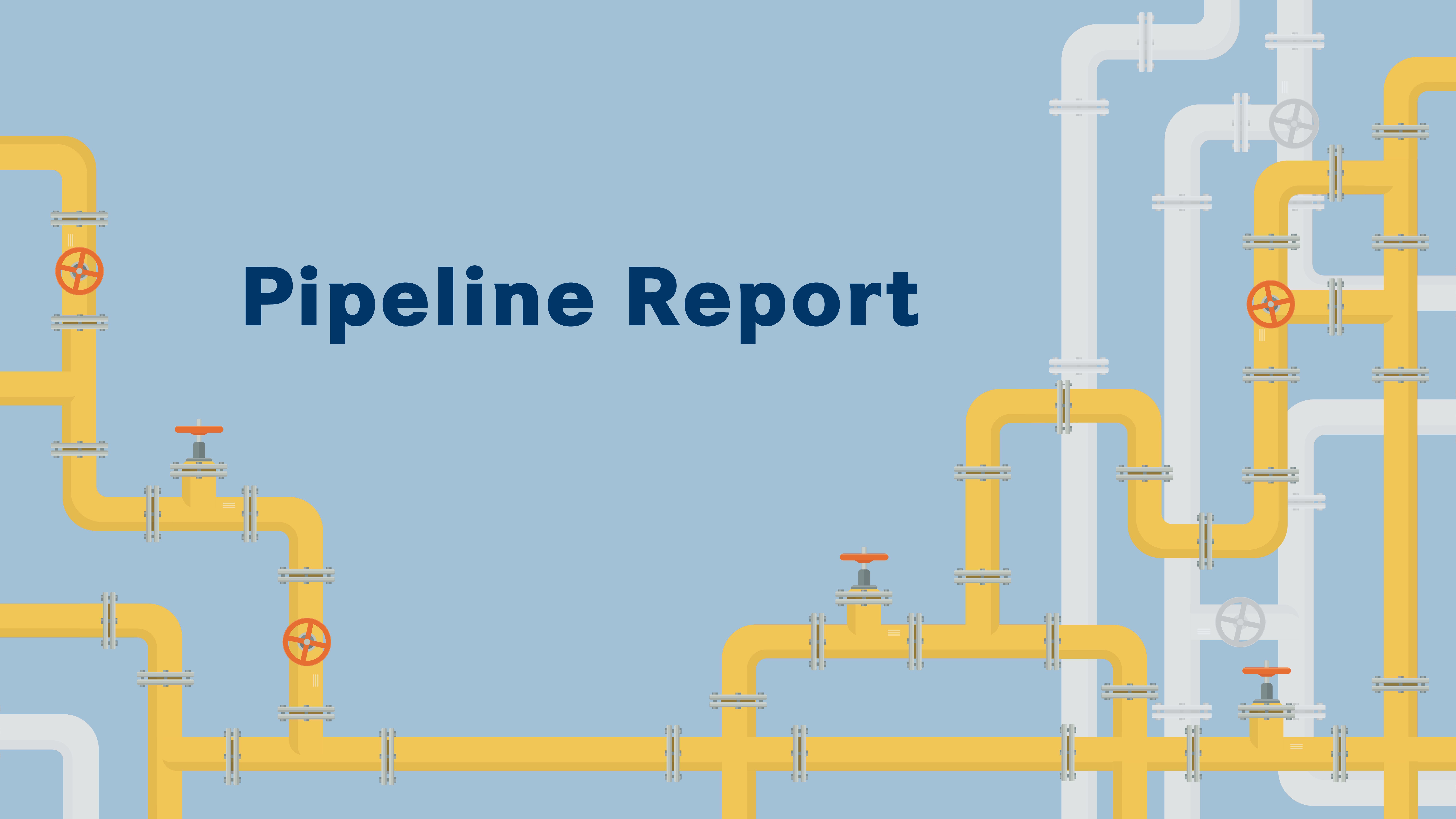
EG-70 Showcases Encouraging Clinical Efficacy in BCG-Unresponsive Non–Muscle Invasive Bladder Cancer

The novel non-viral gene therapy, EG-70, produced a complete response rate of 83% at 3 months in evaluable patients with high-grade non–muscle invasive bladder cancer with carcinoma in situ who were unresponsive to Bacillus Calmette-Guérin.
The novel non-viral gene therapy, EG-70, produced a complete response (CR) rate of 83% at 3 months in evaluable patients with high-grade non–muscle invasive bladder cancer (NMIBC) with carcinoma in situ (CIS) who were unresponsive to Bacillus Calmette-Guérin (BCG), according to data from the phase 1/2 LEGEND trial (NCT04752722).1
Of the 6 patients who have reached the 3-month efficacy assessment, 5 achieved a CR with treatment. To date, the intravesical monotherapy has also been found to be safe and well tolerated in this population, with no dose-limiting toxicities (DLTs) or serious adverse effects (AEs) observed. Toxicity was limited to transient grade 1 or 2 AEs, such as intermittent pain when urinating, urinary tract pain, bilateral serous otitis, increased nocturia, restlessness, and low back pain.
“The responses observed with EG-70 are an important step toward [patients with] NMIBC avoiding radical cystectomy,” Gary Steinberg, MD, professor and director of the Perlmutter Cancer Center and Department of Urology Goldstein Urology Bladder Cancer Program of NYU Langone Health, and lead principal investigator of LEGEND, stated in a press release. “If similar results are observed as the study progresses, I am confident that this novel intravesical monotherapy will make a meaningful impact in the lives of patients with high-risk NMIBC.”
The gene therapy encodes 2 RIG-I agonists to stimulate the innate immune system and interleukin-12 to activate the adaptive immune system. In preclinical models of bladder cancer, EG-70 has been shown to result in encouraging tumor regression and to elicit effective immunological memory with minimal signs of toxicity.
With the first-in-human, open-label, multicenter, dose-escalation LEGEND trial, investigators set out to examine the safety and tolerability, pharmacokinetics, pharmacodynamics, and efficacy of EG-70 in this patient population.
To be eligible for enrollment, patients needed to have BCG-unresponsive NMIBC with CIS with or without resected papillary tumors who are indicated for, ineligible for, or who have elected to not undergo cystectomy.2 These patients needed to have persistent high-grade disease after receiving at least 1 induction course of intravesical BCG or recurrence following 1 year of receiving at least 1 induction course of intravesical BCG or have T1 high-grade disease residual at the first evaluation after BCG induction.
The phase 2 portion of the trial enrolled BCG-naïve or BCG-incompletely treated patients with NMIBC with CIS with or without resected papillary tumors who are indicated for, ineligible for, or have elected not to undergo cystectomy and who had persistent high-grade disease or recurrence within 6 months of receiving at least 1 dose, but not the full course, of intravesical BCG or high-grade disease who have not yet received any BCG, or T1 high-grade disease residual at the time of the first evaluation after incomplete treatment with BCG.
If patients had any other malignancy diagnosed within 1 year of study entry, were receiving concurrent chemotherapy, received treatment with pembrolizumab (Keytruda) within 30 days before screening for the phase 1 portion or 3 months before screening for the phase 2 portion, or they received their last therapeutic drug within 30 days of screening, they were excluded.
Other exclusion criteria included a history of vesicoureteral reflux or an indwelling urinary stent, a history of external beam radiation to the pelvis at any time or prostate brachytherapy within the past year, or a history of interstitial lung disease and/or pneumonitis, among others.
For the phase 1 portion of the trial, patients received up to 4 cycles of the gene therapy, given as a bladder instillation at 50 mL via catheter, with a targeted retention time of 60 minutes. One treatment cycle comprises either a 2- or 4-dose regimen.
The phase 2 portion is comprised of 2 cohorts. The first cohort included those with BCG-unresponsive disease who would receive the recommended phase 2 dose (RP2D) of EG-70, for up to 4 treatment cycles. Cohort 2 comprised high-risk patients with NMIBC who were incompletely treated with BCG or who were naïve to BCG; they also received the RP2D.
The primary end point of the trial is safety and tolerability, with a key secondary end point of 3-month CR rate. According to enGene, Inc., the drug developer, based on the initial data reported thus far, the trial is anticipated to successfully meet both end points.
“We are thrilled to announce the safety and clinical efficacy of EG-70 in patients with BCG-unresponsive NMIBC who are facing bladder removal as an alternative,” Jason Hanson, chief executive officer at enGene, added in the press release. “EG-70 was designed ab initio as an intravesical monotherapy that would slot directly into current medical practice to provide ease-of-use and increased access to patients. With the initial results providing a clear best-in-class trajectory, we are confident that EG-70 will be the organ-sparing solution that is a game-changer for patients and physicians.”
References
- enGene announces first-in-human dosing of EG-70 for the treatment of non-muscle invasive bladder cancer in phase 1/2 clinical trial. News release. enGene, Inc.; May 27, 2021. Accessed February 11, 2022.
https://prn.to/3oIC0nh - EG-70 in NMIBC patients who are BCG-unresponsive and high-risk NMIBC patients who have been incompletely treated with BCG or are BCG-naïve (LEGEND STUDY). ClinicalTrials.gov. Updated January 24, 2022. Accessed February 11, 2022.
https://clinicaltrials.gov/ct2/show/NCT04752722






































